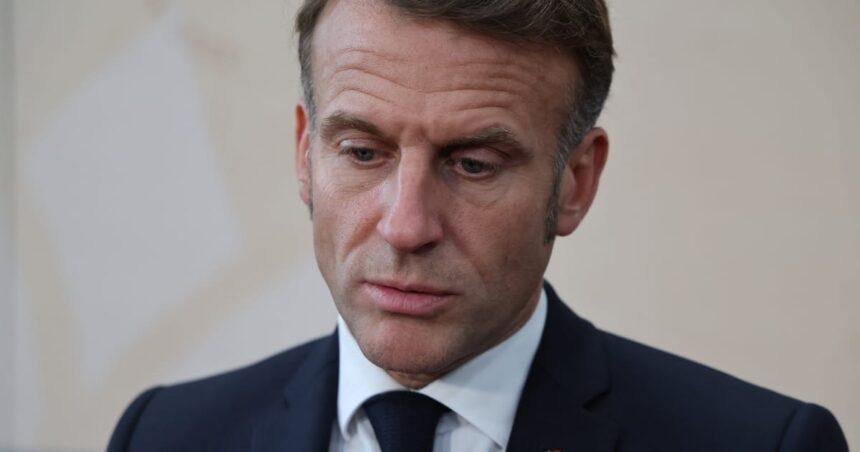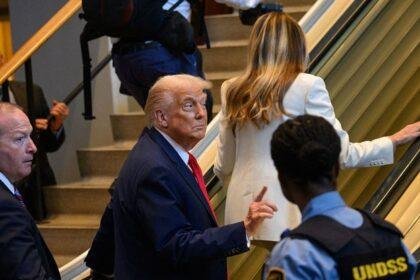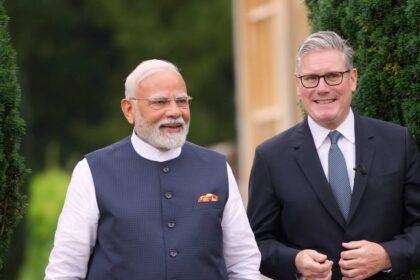Turmoil in French Politics: Lecornu’s Appointment Sparks Controversy
In a dramatic turn of events, the political landscape in France has been shaken by the recent appointment of Sébastien Lecornu as the new Minister of the Armed Forces. This decision comes amid a backdrop of discontent and uncertainty, as the country grapples with a government that appears increasingly fragile. The developments over the past 24 hours have raised questions about the stability of President Emmanuel Macron‘s administration and its ability to navigate the complex political terrain.
A Rapidly Changing Political Scene
The whirlwind began on Sunday evening when the first wave of government ministers was announced. The selection was met with disappointment from opposition leaders and potential coalition partners, who noted that the new cabinet largely mirrored the previous administration led by François Bayrou. Bayrou’s government was ousted just last month due to contentious spending plans that sparked widespread criticism.
Bruno Retailleau, the head of the conservative party Les Républicains, was reappointed as the interior minister. However, he quickly voiced his disapproval of Lecornu’s choices, arguing that the cabinet was overly populated with officials closely aligned with Macron. Notably, former Economy Minister Bruno Le Maire was slated to take on the role of Minister of Armed Forces, a move that raised eyebrows among conservatives.
The Resignation of Lecornu
In a surprising twist, Lecornu resigned shortly after Retailleau and Les Républicains indicated they might withdraw their support for the government. This resignation underscores the precarious nature of Macron’s administration, which has faced mounting pressure from both the left and right. The political climate is reminiscent of past crises in French governance, where coalition governments have often struggled to maintain unity.
The immediate question now is whether Lecornu can negotiate enough concessions within the next 48 hours to appease Les Républicains and other opposition factions. The stakes are high, as the government needs to pass a budget to ensure its continued operation.
Le Maire’s Withdrawal
Adding to the chaos, Le Maire announced that he would not assume his new role, even in a caretaker capacity. His statement emphasized that “no individual situation should hinder the proper functioning of the country and of our institutions.” This declaration reflects a growing sentiment among politicians that personal ambitions must take a backseat to national stability.
Le Maire’s withdrawal is particularly significant given his previous influence in shaping economic policy. His absence from the cabinet could further complicate the government’s efforts to address pressing economic challenges, including inflation and public spending.
Historical Context
The current political turmoil is not an isolated incident but part of a broader trend in French governance. Historically, France has experienced numerous political upheavals, often resulting in shifts in power and policy direction. The Fifth Republic, established in 1958, has seen its share of crises, from the May 1968 protests to the more recent Yellow Vest movement, which highlighted widespread discontent with economic inequality.
The challenges facing Macron’s government echo those of previous administrations that have struggled to balance the demands of various political factions. The current situation serves as a reminder of the complexities inherent in coalition politics, particularly in a country where public sentiment can shift rapidly.
The Road Ahead
As Lecornu navigates this turbulent political landscape, the focus will be on whether he can forge alliances that will stabilize the government. The next few days will be critical, as the administration seeks to secure the necessary support to pass its budget and implement its policy agenda.
Political analysts suggest that Lecornu may need to adopt a more conciliatory approach, reaching out to opposition parties to build a broader consensus. This could involve making concessions on key issues, such as public spending and social policy, to win over skeptical lawmakers.
Conclusion
The recent developments in French politics highlight the fragility of Macron’s government and the challenges it faces in maintaining stability. Lecornu’s appointment, coupled with the resignation of key figures like Le Maire, underscores the complexities of coalition governance in a politically diverse landscape. As the country moves forward, the ability of the government to navigate these challenges will be crucial in determining its future trajectory. The coming days will be pivotal, as the administration seeks to regain the trust of both lawmakers and the public in a time of uncertainty.










